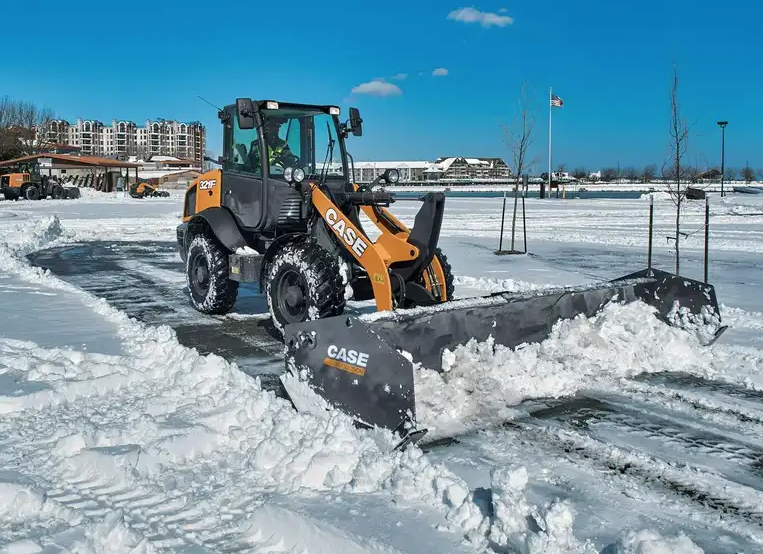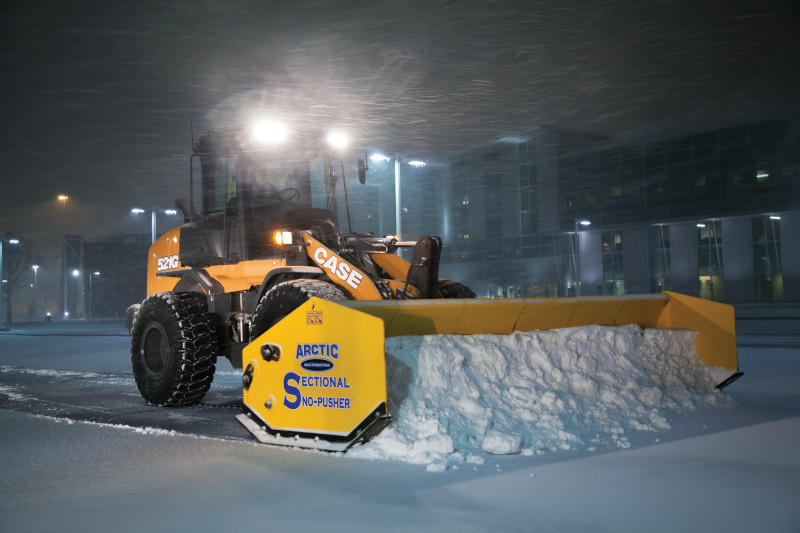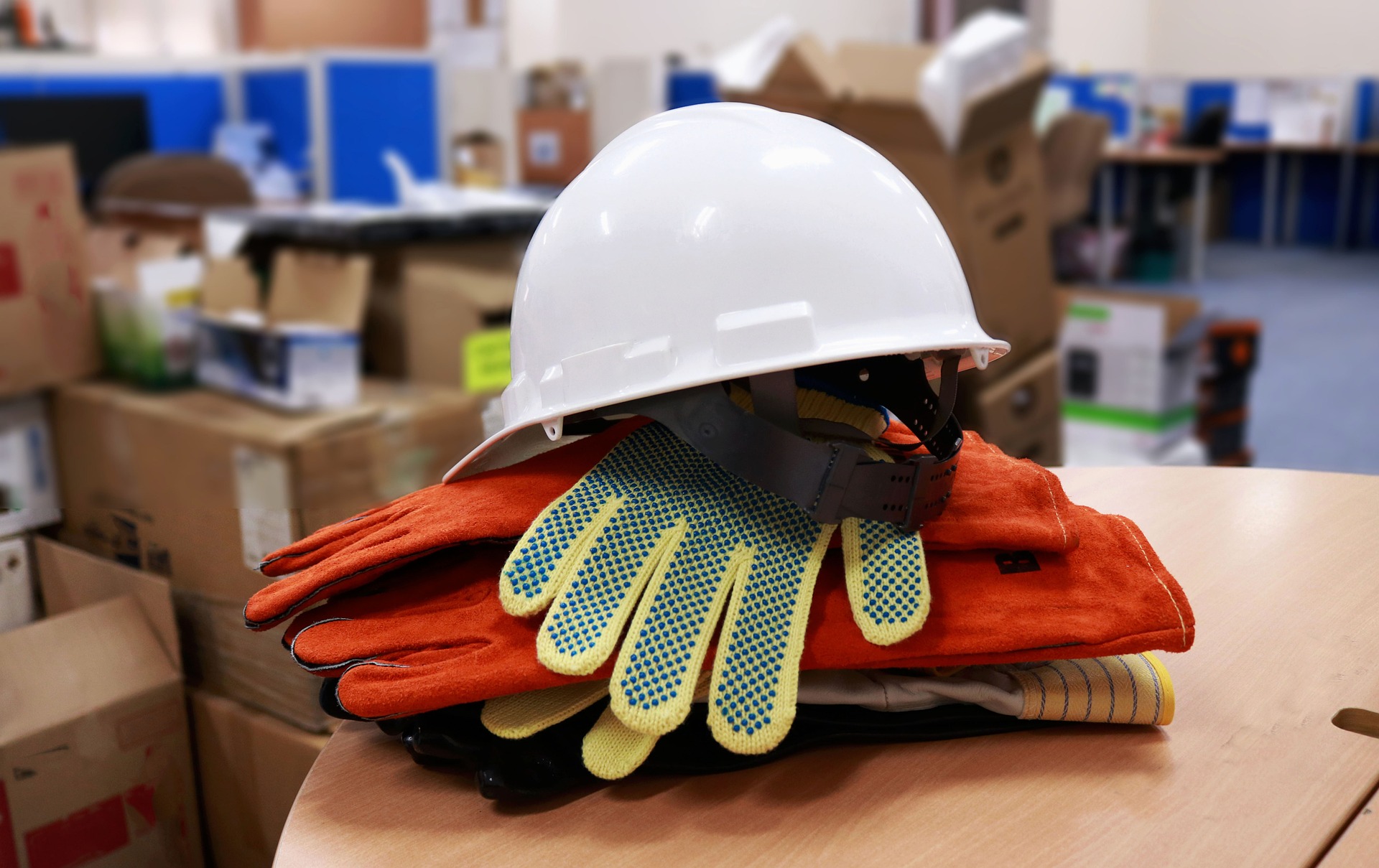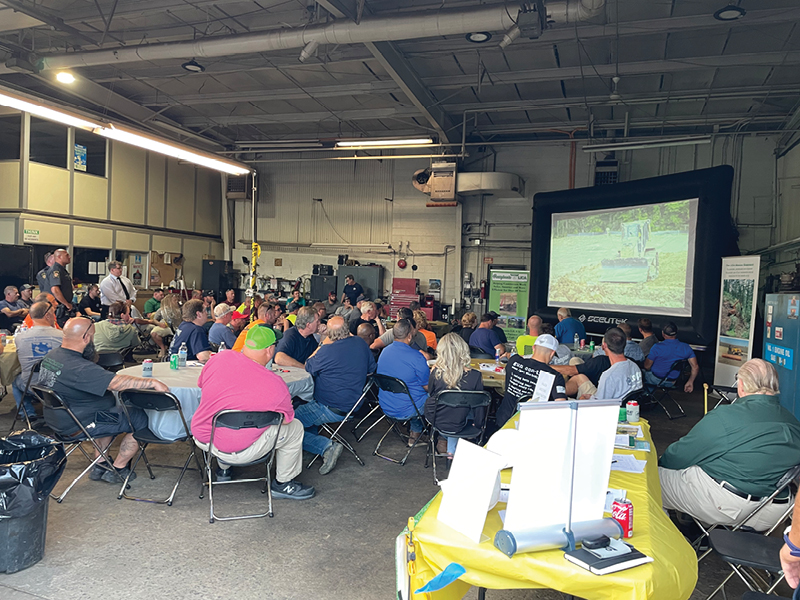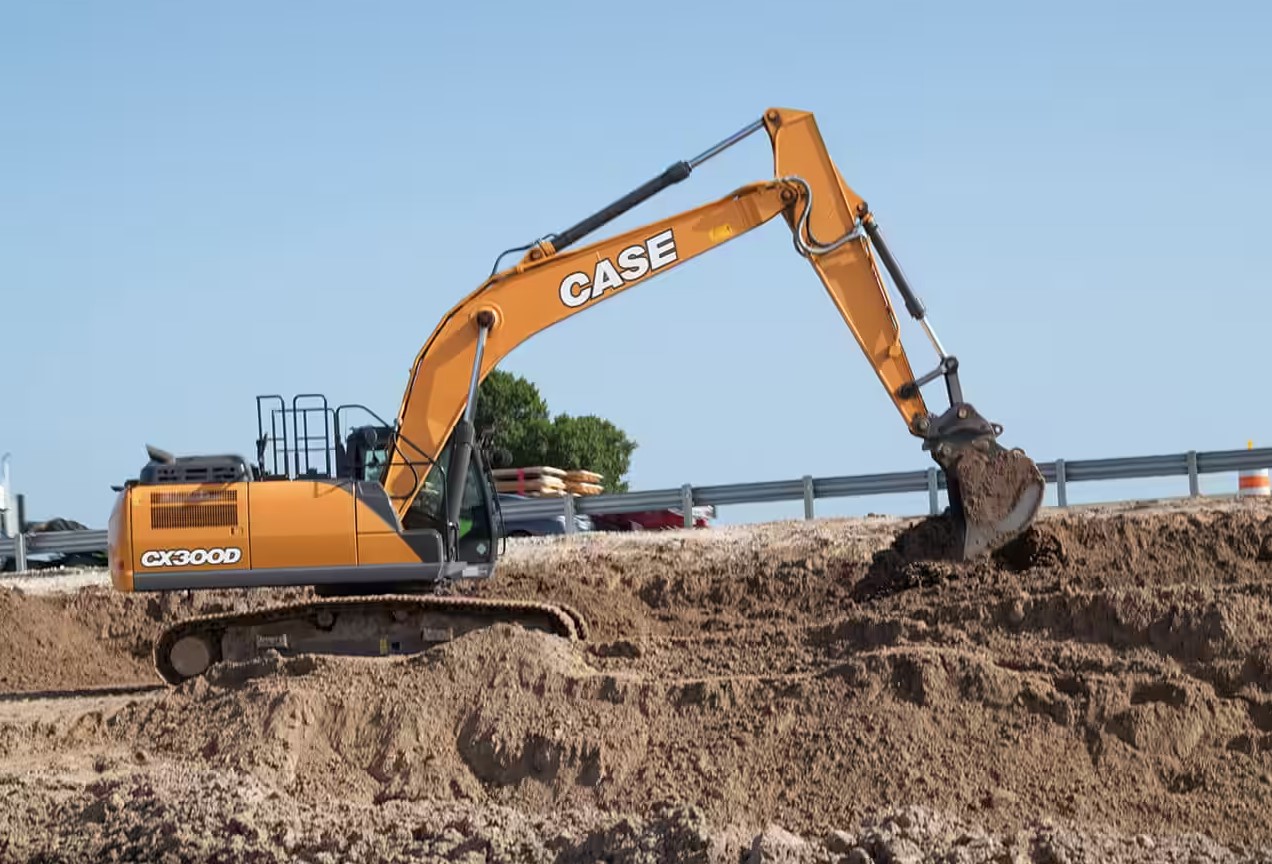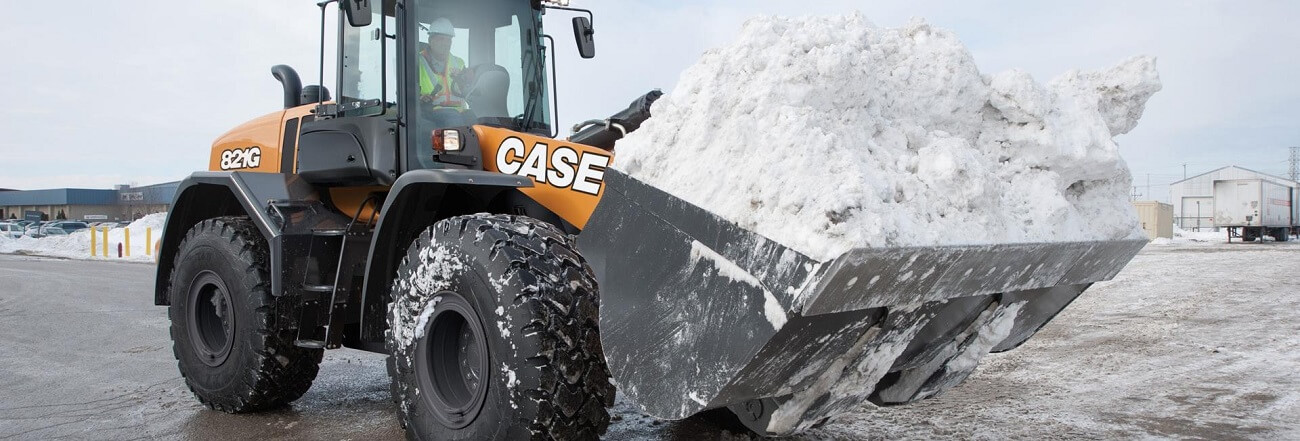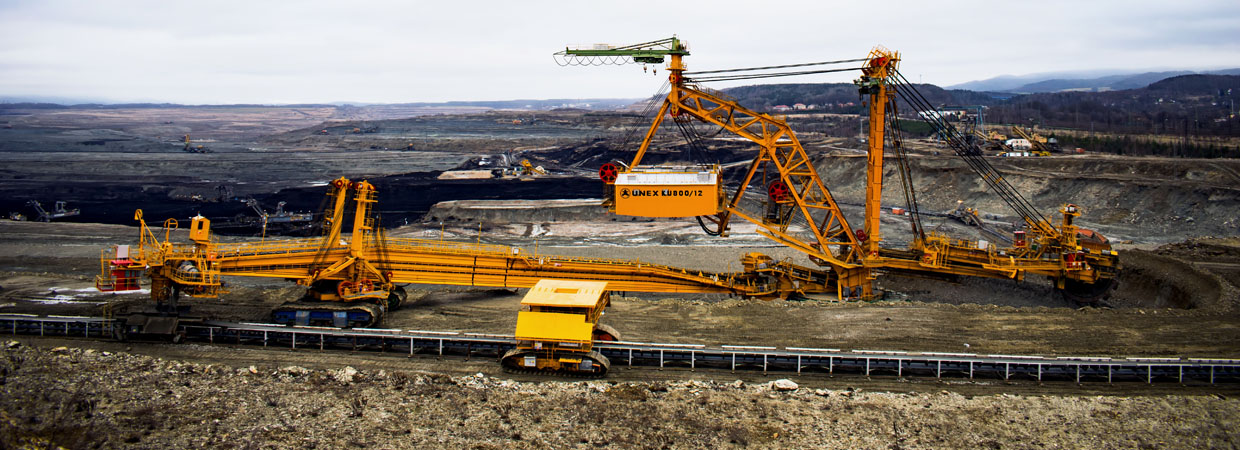Blog
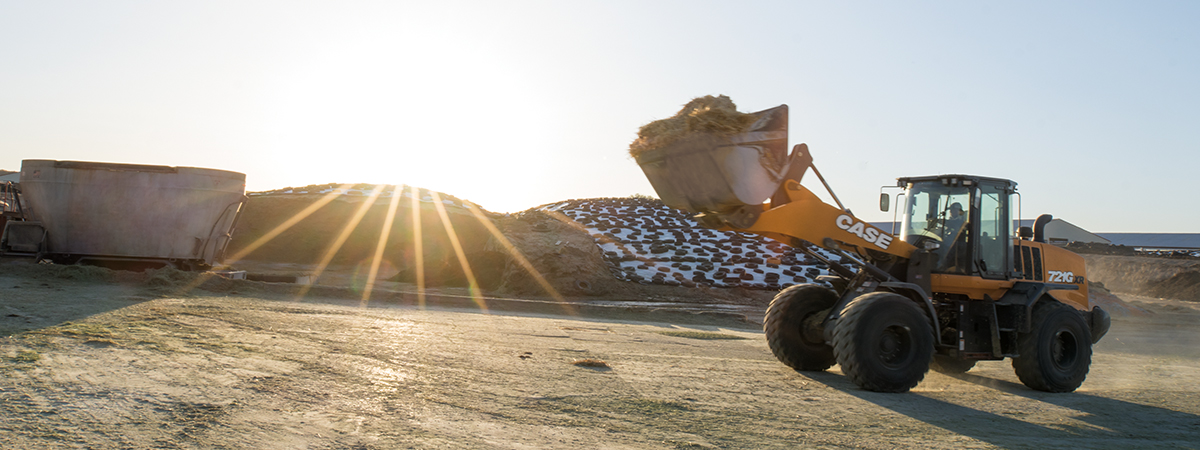
Tips For Working Safely During The Summer
May 31, 2022The summer months pose special hazards to workers. Beyond making sure your equipment is ready to operate safety in the heat, companies and employees can also take proactive steps to minimize the harm from the summer sun.
Preventing Heat Related Illnesses:
The combination of heat and humidity can be a serious health threat during the summer months. If you work outside (for example, at a beach resort, on a farm, at a construction site) or in a kitchen, laundry, or bakery you may be at increased risk for heat related illness. So, take precautions. Here’s how:
- Drink small amounts of water frequently.
- Wear light-colored, loose-fitting, breathable clothing (like cotton)
- Take frequent short breaks in cool shade.
- Eat smaller meals before work activity.
- Avoid caffeine and alcohol or large amounts of sugar.
- Work in the shade.
- Find out from your health care provider if your medications and heat don’t mix.
- Know that equipment such as respirators or work suits can increase heat stress.
Protect Yourself From UV Rays:
Sunlight contains ultraviolet (UV) radiation, which causes premature aging of the skin, wrinkles, cataracts, and skin cancer. There are no safe UV rays or safe suntans. Be especially careful in the sun if you burn easily, spend a lot of time outdoors, or have any of the following physical features: numerous, irregular, or large moles; freckles; fair skin; or blond, red, or light brown hair. Here’s how to block those harmful rays:
- Cover up. Wear loose-fitting, long-sleeved shirts and long pants.
- Use sunscreen with a sun protection factor (SPF) of at least 30.
- Wear a hat. A wide brim hat, not a baseball cap, works best because it protects the neck, ears, eyes, forehead, nose, and scalp.
- Wear UV-absorbent sunglasses (eye protection).
- Limit exposure. UV rays are most intense between 10 a.m. and 4 p.m.
Source | OSHA, Working Outdoors in Warm Climates
Make Sure Your Equipment Is Ready To Handle The Summer Heat
Increased heat and humidity forces components to work harder than normal and wear at a faster rate. Preventative maintenance and close monitoring of machines can help prevent breakdowns and costly repairs. In this article, we’ll list some tips for keeping your equipment up and running during the heat of summer. Contact Eagle Power to schedule your equipment’s summer service.
Daily Inspections.
It is important for operators to make daily checks of hydraulic fluid and coolant to ensure they are topped off and effective for higher temperatures. Check that the coolant expansion reservoir is to the full mark. Modern cooling radiators are made to run totally full in order to eliminate oxygen from entering the cooling system. Operators should check the radiator cap for proper check valve operation and proper relief pressure.
It’s important to confirm the type of coolant being used in the machines. Newer OAT (organic acid technology) is used in more recent machines, while a silica-based coolant is used in older machines. Mix the two together and gelling will take place, which will drastically reduce the cooling efficiency. If the machine has OAT, there will be a tag on or near the coolant fill location that clearly identifies it. Operators should also check the coolant concentration. A 50-50 concentration is best for machine operation, as too much water can lead to corrosion, a lower boiling point and cavitation.
Operators should also test the air conditioning before getting started to ensure a comfortable work environment; check windshield wiper operation; and check tires and tire pressure, as tires wear out faster in hotter temperatures.
Check For and Clear Debris.
Operators need to keep radiators and cooling packages clear of any debris. If the machines have auto-reversing fans, operators should manually reverse the fan on a more frequent basis. Another option would be to change the settings for more frequent automatic reversing to assist in removing the debris. Operators should also frequently check all inlets and outlets of the engine hoods for debris build-up to maximize airflow through the coolers. If these areas are left dirty, substances like mud will bake to a solid form and become very difficult to remove. Operators should clean these components using compressed air on a daily basis.
Proper Operation.
It’s important for operators to avoid overworking the equipment during the summer. Using it beyond its set capabilities could lead to expensive breakdowns and overheating. Also, in order to avoid damage to the machine’s turbos, operators need to make sure to let their machines idle before shutting it down.
Service Checks.
If everything detailed above looks good, but the machine’s temperature seems to be elevated, operators should have their service department check the thermostat opening temperature.
Remote Monitoring.
Many machines today come standard with telematics. One of the easiest things a fleet manager can do with telematics is monitor engine temperature. If there is an odd spike in temperature, that serves as a red flag for potential faults or defects elsewhere in the machine – ultimately helping catch a larger failure before it happens.
Safe Storage.
When equipment isn’t in use, it should be stored in a dry, sheltered place to keep it away from the hot sun and balmy atmosphere. Unnecessary moisture could create damage in the form of rust, which could affect other equipment systems.
Options.
If work is done in climates with extreme heat, owners should make sure the machine is equipped with a high ambient cooling option when available. Also, each machine type and manufacturer offers different cooling packages, and certain Tier 4 solutions run cooler than others – if you work in extremely high temperatures, do your research before purchase on ways to keep operating temperatures down.
The summer months can be some of the busiest for the construction industry – as well as some of the most lucrative. Don’t miss out on work because of equipment failures and costly repairs. With a few simple steps and routine maintenance, operators can ensure that their equipment keeps running smoothly during the summertime.
Source: CASE, TIPS FOR KEEPING YOUR EQUIPMENT RUNNING DURING THE HOT, HOT SUMMER
